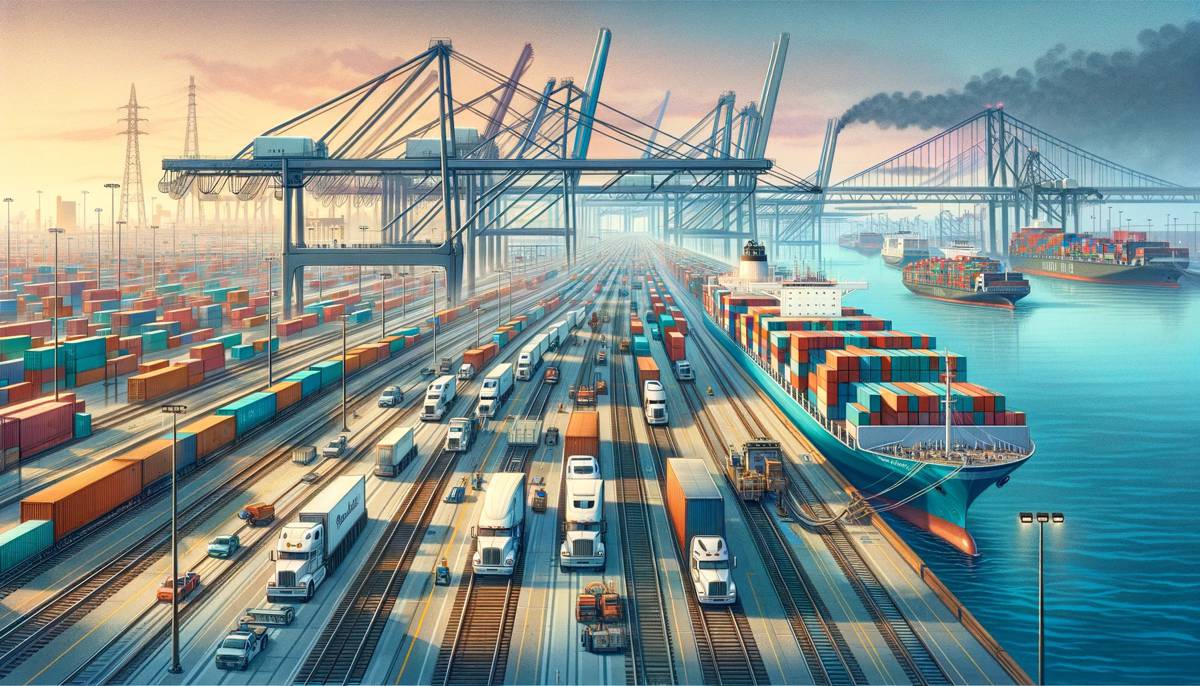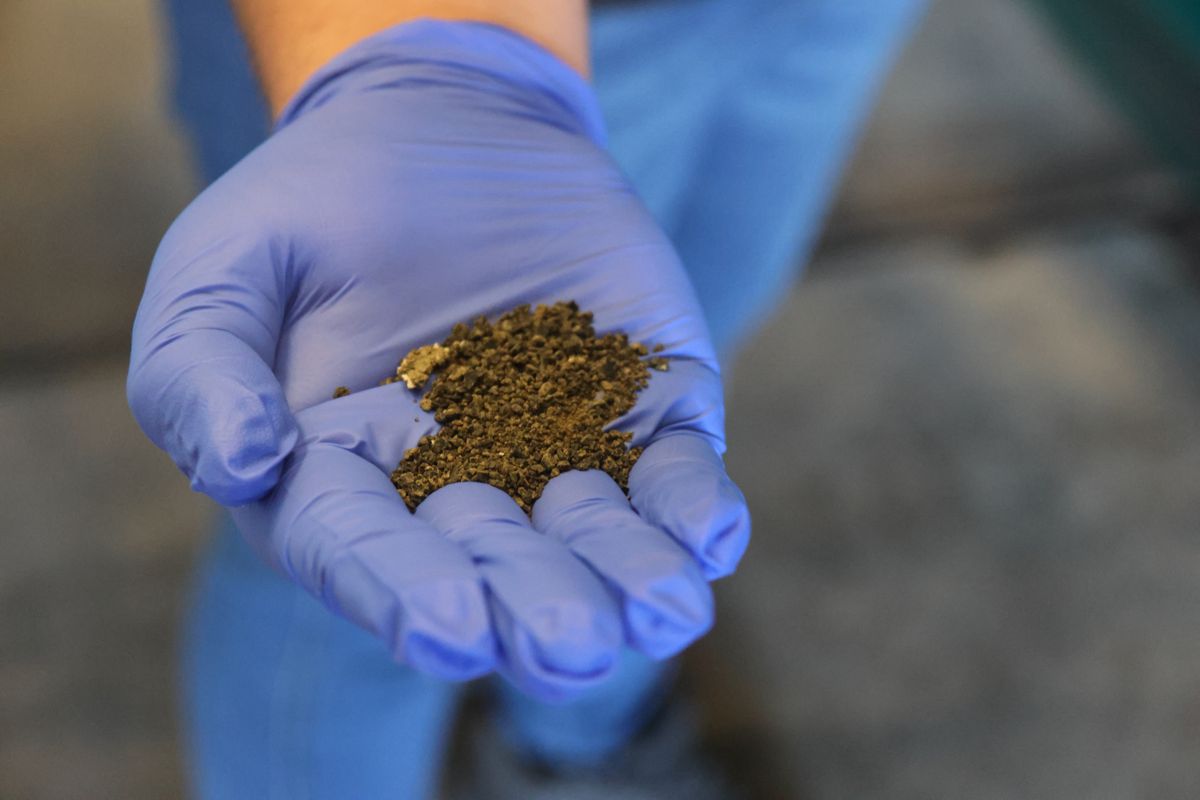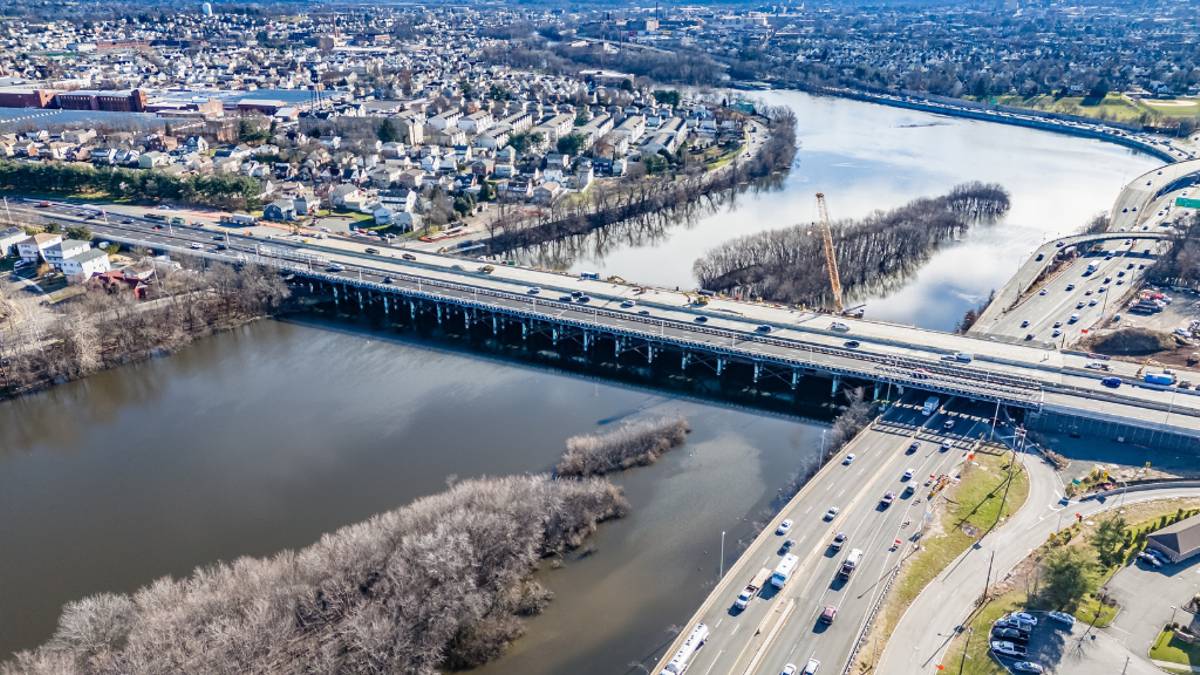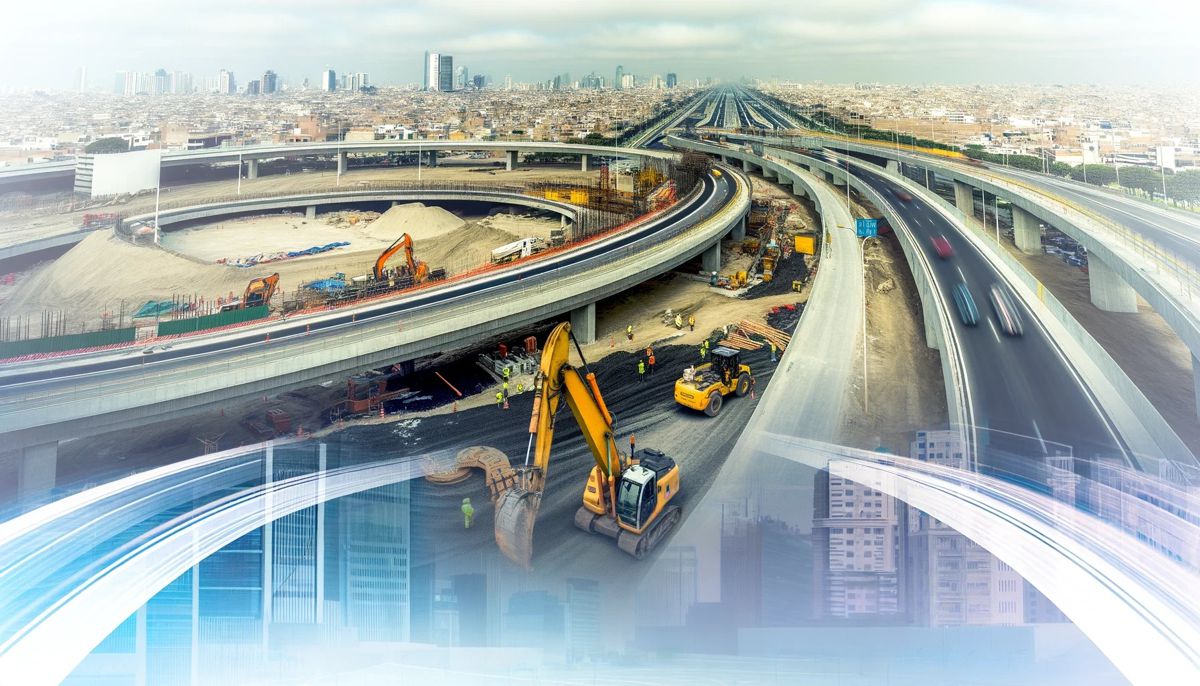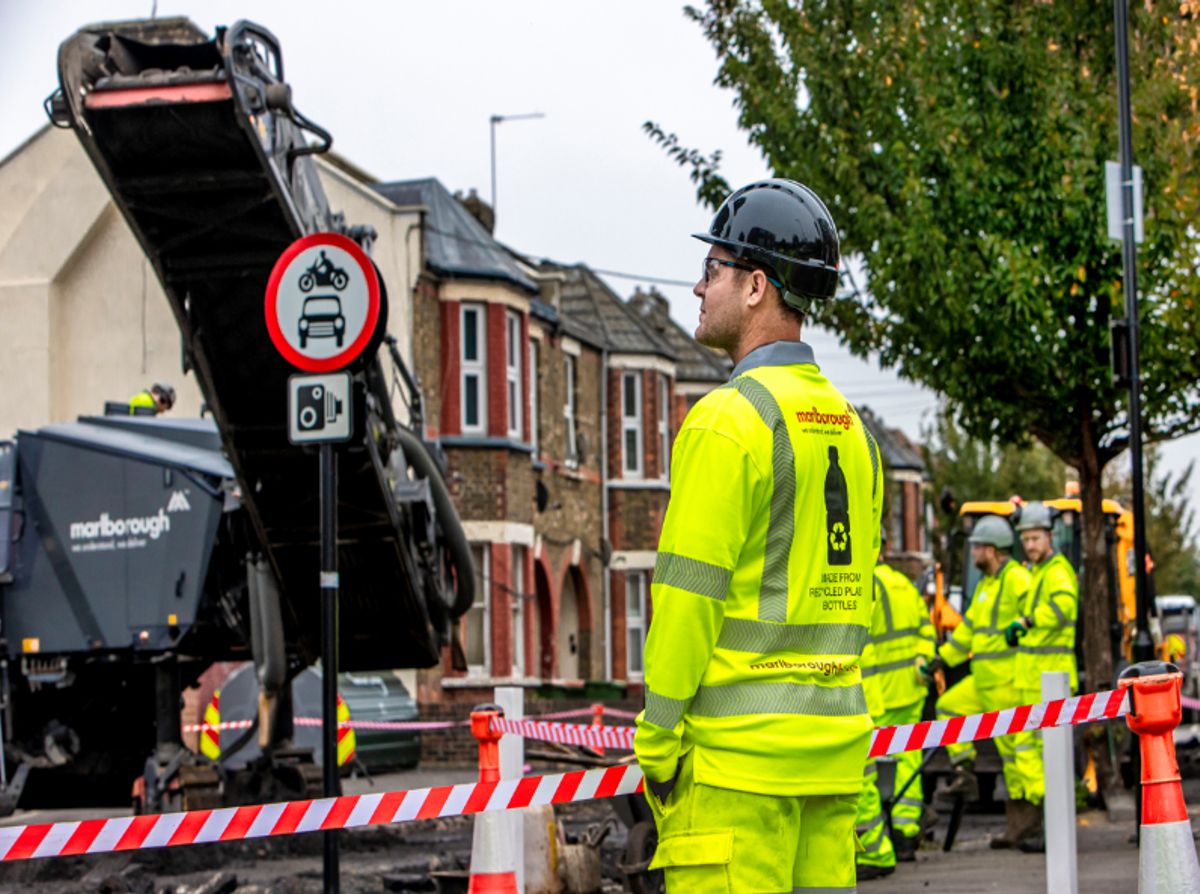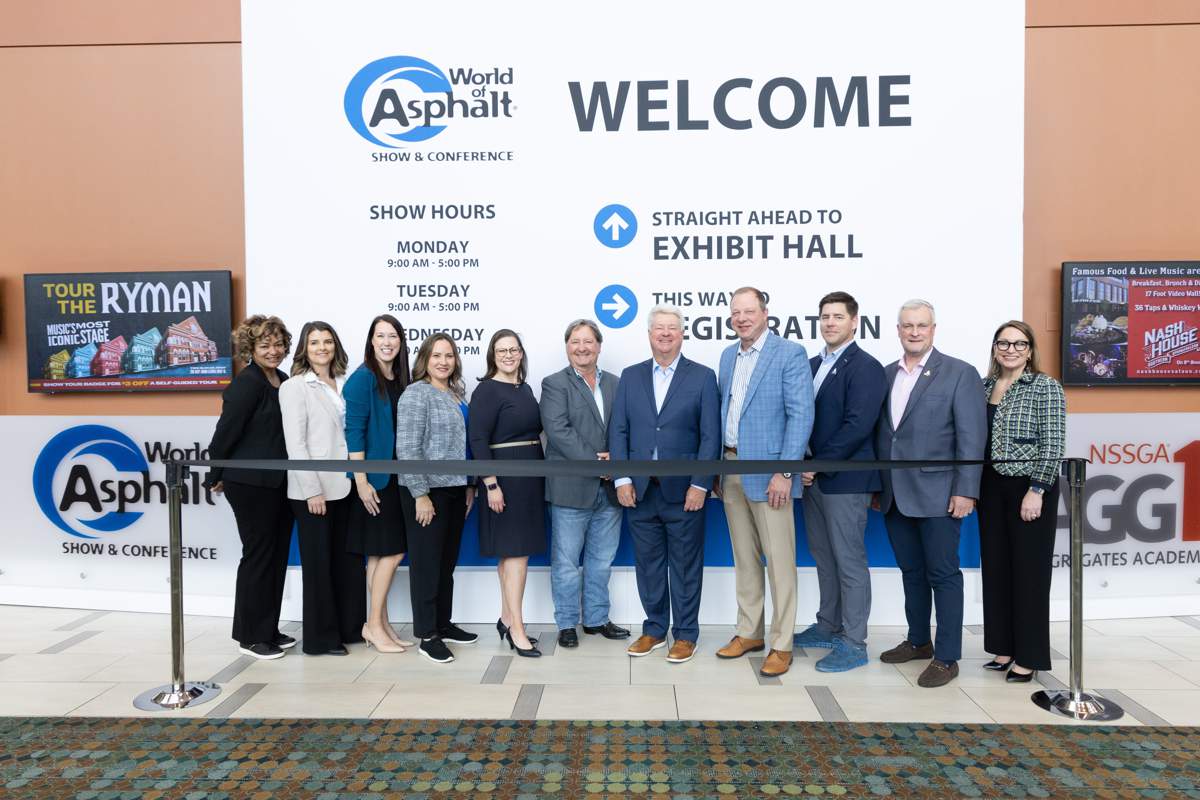Washington State Transportation Commission adopts road charging recommendations
The Washington State Transportation Commission has adopted recommendations today on how Washington can begin a transition away from the state gas tax and toward a road charging system.
The commission based its recommendations on extensive research, statewide public engagement, as well detailed analysis of the participant feedback and system performance of the 12-month Washington Road Usage Charge Pilot Project. These recommendations, along with the Road Usage Charge Steering Committee’s final report, will be transmitted to the Washington State Legislature, Governor Jay Inslee and the Federal Highway Administration in January 2020.
At the core of these recommendations, the Legislature is encouraged to begin a slow and gradual transition away from the gas tax, starting with requiring vehicles in the state-owned fleet to pay a road usage charge in lieu of the gas tax. The commission also recommends applying a road usage charge to electric vehicle owners who pay no gas tax and hybrid vehicle owners who pay little gas tax.
The recommendations include taking the time during this gradual transition period to conduct additional research, such as collaborating with other states on cross-border travel, reducing administrative and operational costs, and assessing compliance gaps and potential enforcement measures. The commission did not offer a timeline for a full transition of all vehicles in the state to a road usage charge, recommending that should not occur for at least 10 years and likely several decades as many cars continue to pay the gas tax.
“This is an important first step in ensuring future funding security for Washington’s aging roads and bridges,” said Jerry Litt, chair of the Washington State Transportation Commission. “Revenues from our state gas tax will begin to decline as vehicle fuel efficiency continues to increase. We are already struggling to ensure adequate funding to maintain our system of roads and bridges today. Thanks to the pilot project and years of research, we believe road usage charging is a promising and viable option for the Legislature to consider, and now is the time to begin a gradual but necessary transition away from relying on the consumption of fossil fuel to fund our roads.”
A 29-member Road Usage Charge Steering Committee has guided Washington’s assessment of road usage charging since 2012. The committee supported and advised development of the pilot test drive and prepared its final report on road usage charging in Washington earlier this year.
Based upon the findings of the steering committee, the commission determined its final set of recommendations and their final report to be issued in January 2020 will detail the results of the seven-year-long assessment of road usage charging. It includes the 12-month-long test drive portion of the pilot project that included over 2,000 statewide drivers driving 15 million miles from February 2018 to January 2019.
“We appreciate the time and effort our pilot project participants dedicated, through reporting their miles driven, completing surveys, participating in focus groups, and sharing thoughtful questions and comments with us.” said Joe Tortorelli, chair of the Road Usage Charge Steering Committee and member of the Washington State Transportation Commission. “Feedback from participants and members of the general public helped inform the final report and recommendations. We look forward to sharing this report with the legislature early next year.”
As vehicles become more fuel-efficient or switch to electric power, gas tax revenue is expected to decline by as much as 45 percent by 2035. In 2012, the Legislature directed the commission to assess the potential of a road usage charge to replace the gas tax. A road usage charge is a per-mile charge drivers would pay for the use of the roads, as opposed to paying by the gallon of gas.



